➜ Toward the beginning of 2027, launch your 2030 Census coalition.
- Identify co-chairs.
- Identify the scope of work.
- Invite your network to join and develop a strategy to target specific audiences.
- Develop communication and meeting structure (i.e., how often will you meet? How will you communicate?).
- Begin regular census coalition meetings (quarterly or every other month is recommended at this time) to keep 2030 Census coalition members informed about key 2030 Census policy and operational developments.
- Identify shared resource needs (e.g., “hard to count” maps, analyses of geographic funding based on census/ACS data, toolkits, effective messaging strategies) and gaps.
➜ Ramp up funding efforts for state government budgets and determine gaps and other funding opportunities. This includes national, regional, and local foundations/philanthropy organizations. Start this process early, as pulling philanthropy organizations together may take some time for coordinated, collaborative efforts.
➜ Develop a timeline for 2030 Census engagement and outreach campaigns.
➜ Begin to identify media partners, with an emphasis on local and ethnic media, who can partner with you on a 2030 Census campaign and begin to curate a list of language translation needs to prepare for GOTC.
➜ Continue to support LUCA operations, identify specific communities at greatest risk of undercounting, identify census partners, monitor and contribute to research and development decisions for the 2030 Census, educate communities on the importance of the ACS, and support efforts to adequately fund the Census Bureau.
➜ By the end of 2027, granting should become available to move full steam ahead. Identify one full-time staff member to work on census issues.
➜ Educate communities and businesses about the 2022 Economic census.
➜ Track if any census tests will be taking place in your area in order to help with GOTC for the test.
➜ Optional: By mid-2026 or 2027, begin the initial round of message testing for the 2030 Census. Note that many state-based organizations conducted their own message testing for the 2020 Census. However, should your organization not have the funds to conduct unique message testing, be aware that many large national organizations will most likely conduct message testing around this time. The results of this messaging research are typically shared among broader census networks.


